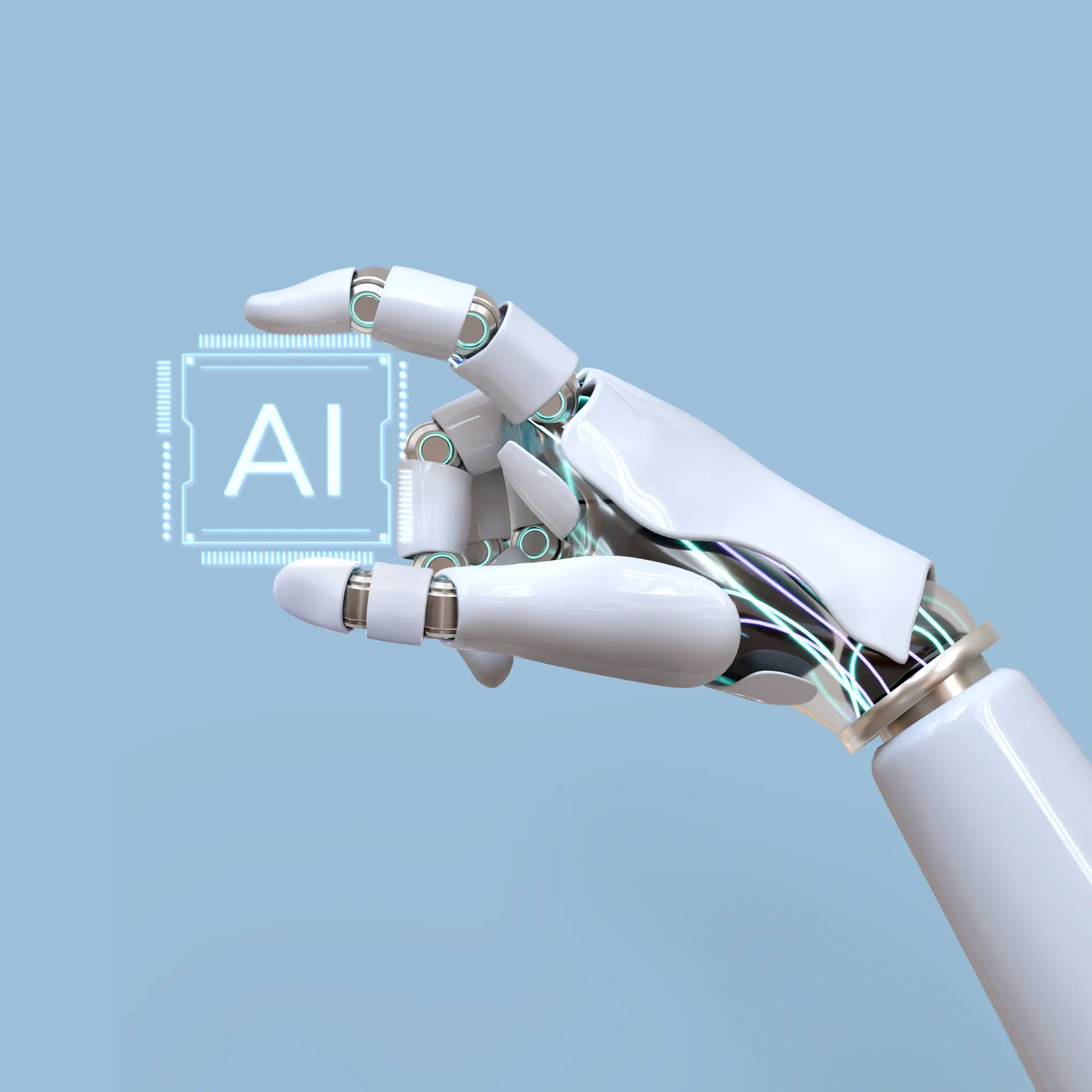How Generative AI is Reshaping Work and Startups in Pakistan
Generative AI is no longer confined to research labs or Silicon Valley startups; it is already shaping how work gets done. A recent study, Working with AI: Measuring the Occupational Implications of Generative AI (Tomlinson et al., 2025), offers one of the most concrete pieces of evidence to date: analyzing 200,000 real conversations with Microsoft’s Bing Copilot.
The results confirm what many suspected AI is already assisting in information gathering, writing, teaching, and advising but the deeper insight is this: AI is not replacing entire jobs, it is reconfiguring tasks. And that distinction matters enormously for Pakistan’s job market and its startup economy.
Beyond the Hype: What the Data Really Shows
Most conversations around AI and jobs fall into two extremes: either the fear that AI will wipe out entire professions, or the optimism that it will “create more jobs than it destroys.” This paper cuts through both by looking at what people actually use AI for.
- AI excels at micro-tasks, writing drafts, summarizing, generating lists, and giving quick explanations.
- AI struggles with context, nuance, and originality areas where humans still dominate.
- The jobs most impacted are not “lost” but fragmented routine elements are automated, while strategic or human-facing parts gain importance.
This suggests that instead of an overnight collapse of certain professions, we will see a gradual unbundling of roles, where parts of jobs shift to AI while the rest becomes more human-centric.
A Critical Question: Are We Training for the Wrong Jobs?
For Pakistan, the real danger is not that jobs will vanish but that our education and training systems may continue preparing people for tasks that AI is already better at.
- We continue to push thousands into low-value content writing, customer service, or data entry, even though these are exactly the functions AI is absorbing.
- At the same time, we neglect skills like critical thinking, problem-solving, creativity, and AI fluency, the very areas where human labor will remain valuable.
- Without rethinking this mismatch, Pakistan risks producing a workforce trained for jobs that no longer exist.
This is where startups can play a decisive role by experimenting with AI-enabled training models, EdTech platforms, and skills bootcamps that prepare workers for the next economy, not the last one.
The New Arenas of Work
Rather than simply “replacing jobs,” AI is spawning new types of work that Pakistan must prepare for:
- AI Interpreters (Prompt Engineers): People who know how to get quality, accurate output from AI.
- AI Trainers and Verifiers: Human reviewers who fact-check, refine, and validate AI-generated work.
- AI-Product Entrepreneurs: Founders who can identify local pain points (e.g., agriculture, Urdu content, SME finance) and solve them using AI.
- Human-Centric Roles: Work requiring empathy, cultural understanding, or trust (teachers, counselors, health workers) all enhanced, but not replaced, by AI.
If we approach AI critically, we realize this is less about losing jobs and more about redistributing value. The question is: who in Pakistan will position themselves to capture that value?
Startups at the Frontline of Change
Pakistani startups cannot afford to sit on the sidelines as AI reshapes industries across the globe. The opportunities that generative AI unlocks are simply too large to ignore, and the local ecosystem is well-positioned to experiment with new solutions.
AI-Powered Content & Marketing Agencies
The study shows that one of AI’s most common uses is writing and information generation. For Pakistan, this translates into a clear opportunity: startups can build agencies that combine AI efficiency with human creativity to deliver blogs, ad copy, product descriptions, and social media campaigns at scale. This reduces costs for SMEs and exporters while allowing agencies to serve more clients without proportionally increasing staff.
EdTech & Hybrid Learning Platforms
Since AI is already being used for teaching and advising, EdTech startups in Pakistan can deploy AI tutors that supplement human mentors. Imagine a platform where students in remote areas receive personalized AI-based lessons in Urdu or regional languages, while human teachers guide higher-order thinking and problem-solving. This model could dramatically expand access to quality education in Pakistan, especially with over 28 million out-of-school children.
AI Tools for SMEs
Pakistan’s economy runs on small and medium enterprises, but most SMEs lack resources for structured HR, accounting, and compliance systems. AI-driven tools could automate payroll, generate contracts, manage customer queries, and even forecast sales trends. Startups that offer affordable AI SaaS solutions tailored to Pakistani SMEs can solve a huge market inefficiency.
HealthTech Innovations
Healthcare is another arena validated by the study’s findings (AI advising and explaining concepts). Pakistani startups can build AI-powered assistants that educate patients on symptoms, provide pre-diagnosis triage, and share preventive healthcare advice in local languages. This can reduce the load on overburdened doctors and hospitals, especially in rural and underserved areas.
Agritech Solutions
Agriculture contributes nearly 20% to Pakistan’s GDP, yet many farmers rely on traditional methods. AI can provide real-time crop advisory, weather forecasting, and pest detection, all through mobile-based applications. A startup that localizes AI for Urdu and Punjabi farmers could significantly raise productivity and reduce losses.
GovTech & Citizen Services
Government service delivery is notorious for being bureaucratic and slow. With AI’s ability to assist and explain processes, startups can collaborate with the public sector to streamline tasks such as tax filing, complaint registration, or applying for licenses. An AI-enabled chatbot in Urdu that helps citizens navigate government portals could be a game-changer for digital governance.
These are not distant hypotheticals; they are direct extensions of how people already use AI (writing, teaching, advising, assisting) as highlighted in the report. The real opportunity for Pakistani startups lies in localization: taking these proven global AI use cases and tailoring them to Pakistan’s unique bus
What Should Readers Deduce?
By the end of this reflection, here are the key lessons every entrepreneur, policymaker, and worker should carry:
- Jobs are not disappearing wholesale; they are being unbundled into tasks. Winning in the AI economy means focusing on the high-value tasks that remain human.
- Pakistan risks an education–workforce mismatch. Training youth for repetitive, low-value tasks will make them unemployable in the AI age.
- Startups are the testing ground. Whether it’s AI in EdTech, HealthTech, or SME support, Pakistani startups can pioneer new models for human–AI collaboration.
- The real opportunity is not in replacing humans with AI, but in reimagining work. Those who combine human creativity with AI efficiency will lead.
Final Word
The debate on “AI taking jobs” is too simplistic. The truth, as this study shows, is more complex and more urgent. Pakistan has a narrow window to rethink education, workforce development, and startup innovation around AI.
If we continue business as usual, we risk producing workers for a job market that no longer exists. But if we act now building AI-literate startups, reskilling workers, and reimagining our industries Pakistan can not only survive but thrive in the AI-driven future.
The question is not whether AI will shape our jobs. It already is. The real question is: will Pakistan shape AI to its advantage, or will we be left behind?
FAQ
Generative AI is automating task-level functions such as writing, research, teaching support, and advising. Instead of eliminating entire professions, it is reshaping roles by reducing routine work and increasing the value of creativity, problem-solving, and human judgment.
The most promising areas include content and marketing agencies, EdTech platforms, SME support tools, HealthTech innovations, and Agritech solutions. These sectors directly align with how workers are already using AI globally and can be localized to Pakistan’s needs.
Startups should focus on localization and problem-solving rather than gimmicks. This means building AI solutions in local languages, addressing real challenges like education gaps or SME inefficiencies, and combining AI efficiency with human creativity and trust.




